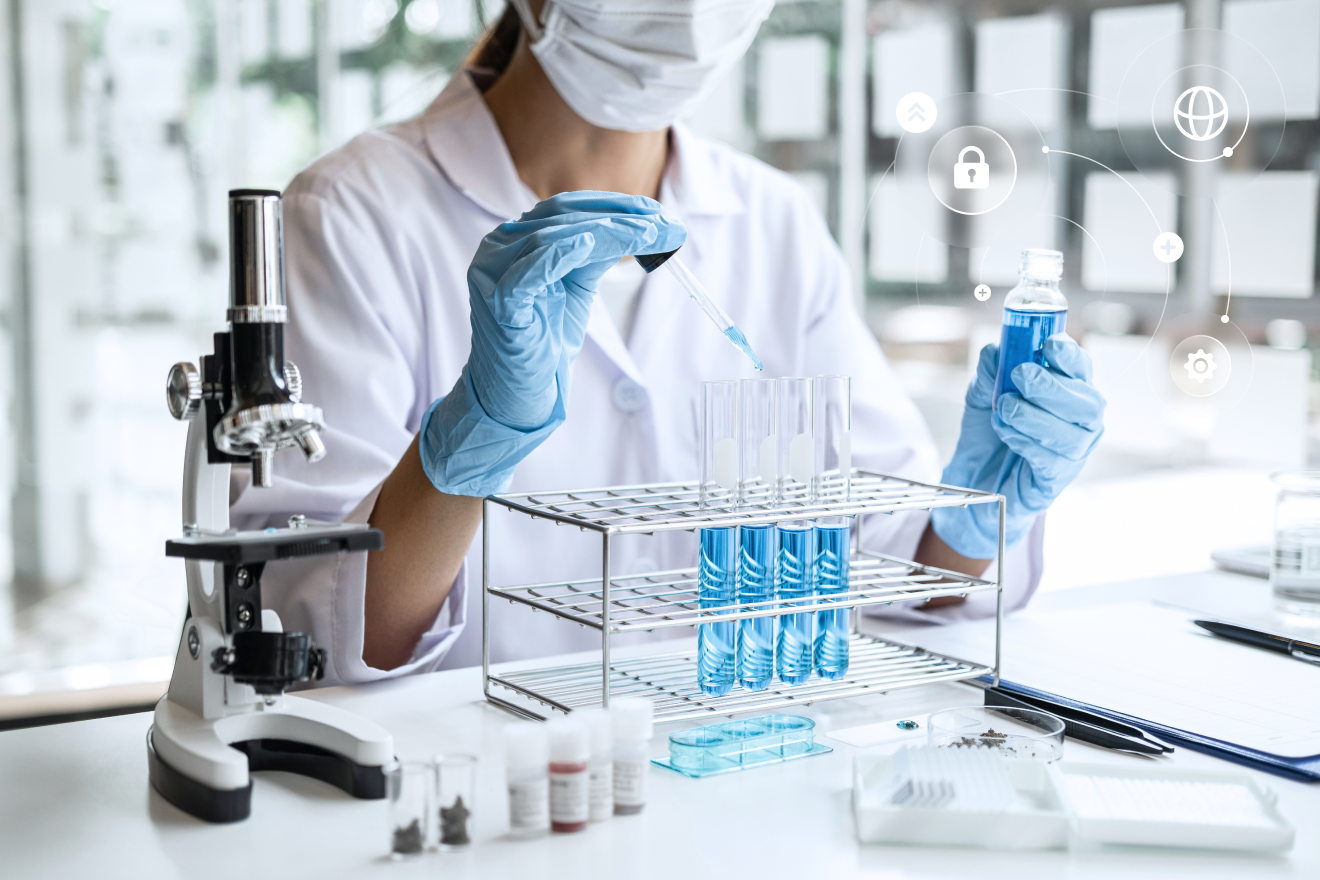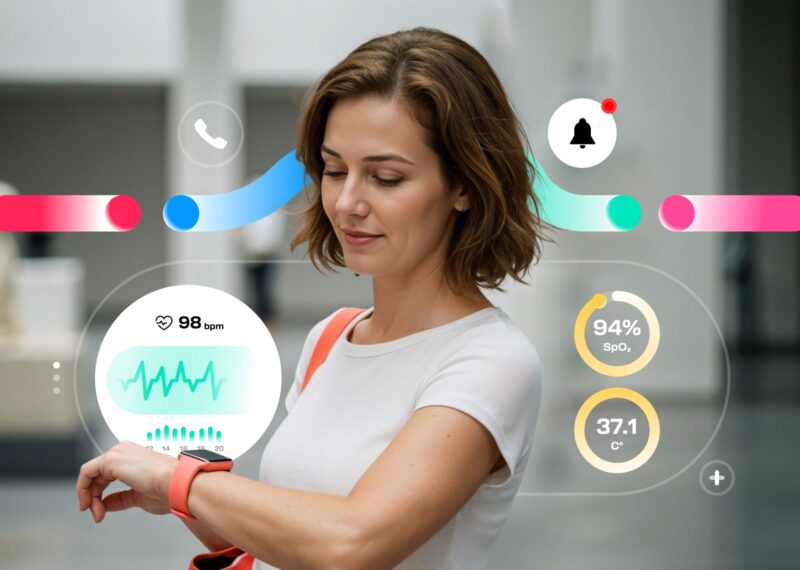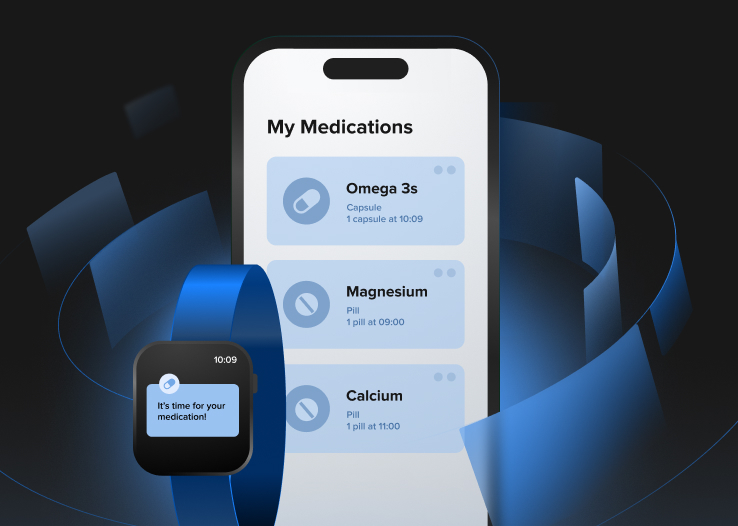In vitro diagnostics (IVD) devices are commonly associated with laboratory reagents and analyzers. The recent COVID-19 pandemic has accelerated the widespread use of IVD devices as tests. With new advancements in technology, software has now been incorporated into the definition of these devices, offering new diagnostic capabilities.
Laboratory Developed Tests (LDTs) represent a unique category of IVD devices. They are exclusively designed and manufactured within a single laboratory, intended not for distribution but as a custom solution based on commercially available products. The term "in-house testing" is frequently used synonymously with LDTs.
Recent years have seen significant regulatory shifts in the medical device sector. In the European Union, the Medical Device Regulation (MDR 2017/745) and In Vitro Diagnostic Regulation (IVDR 2017/746) have been implemented. Other regulators (e.g. FDA) are also gearing up for changes.
Introduced in the European Union, IVDR 2017/746 also encompasses LDTs. Article 5(5) of the Regulation outlines conditions for laboratories that design and utilize these products. These new requirements present challenges for laboratories accustomed to focusing on results, whether through purchased devices, in-house creations, or innovative diagnostic procedures. These entities now face regulatory responsibilities similar to challenges faced by device manufacturers.
From the FDA's perspective, LDTs were considered to carry substantially less risk than commercially offered IVD devices. Laboratory Developed Tests were covered by section 201(h)(1) of the FD&C Act. With the development of technology and scientific advances, the complexity of LDT testing increased, while regulatory frameworks like the EU Directive 98/79/EC and FDA guidelines have struggled to keep pace.
Inaccurate test results can adversely affect patient health assessments and lead to inappropriate treatments. The growing scale and complexity of LDTs, often involving sophisticated software and hardware, necessitate updated regulations.
In September 2023, the FDA announced revisions to LDTs. The main goal is to ensure the safety and effectiveness of Laboratory Developed Tests. The proposed rule can be found here.

Next steps
In the nearest months, companies should expect an update of the definition of an IVD product and consequently the inclusion of LDT products in the requirements for an IVD product (including premarket review), consequent implementation in phases, and upcoming definition of possible exemptions.
Looking at both the changes and how they were introduced, there are many similarities between the introduction of regulations in the EU and the introduction of requirements for LDTs in the US, such as:
- Laboratories facing regulatory hurdles,
- Devices needing to meet safety standards,
- Mandatory reporting to competent authorities,
- No grandfathering provisions,
- Implementation of Quality Management Systems (QMS),
- Development and management of technical documentation,
- Phased implementation of changes.
How does Star help to comply?
Laboratories or scientific and medical units will have to face a changing legal environment. The novelty for such institutions will certainly be to meet the demands placed on them, some kind of product manufacturers. Keeping LDTs on offer can maintain the market advantage of such entities. Our consulting team uses a framework and structured approach to help ensure successful market expansion and full product regulatory compliance. Book a meeting to learn more about how you can simplify your regulatory journey.







